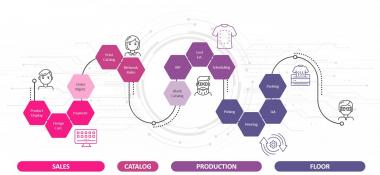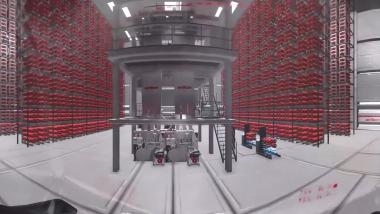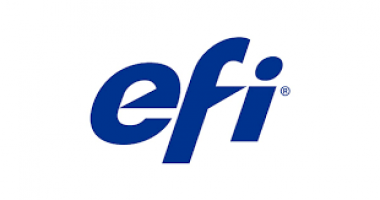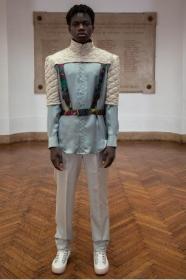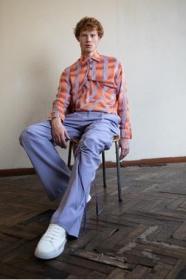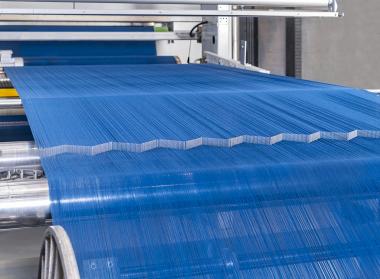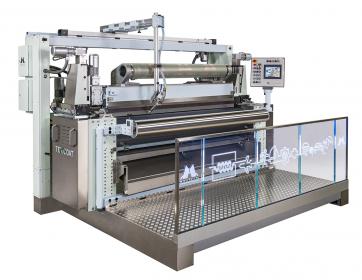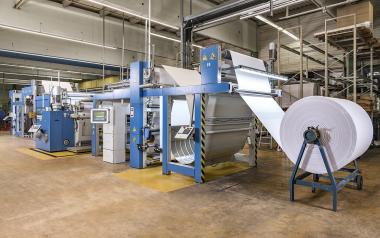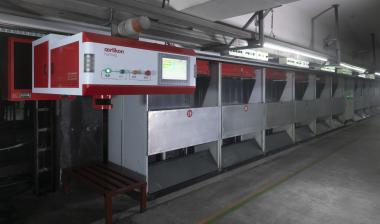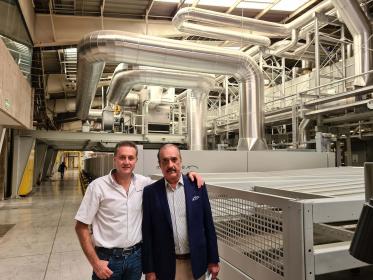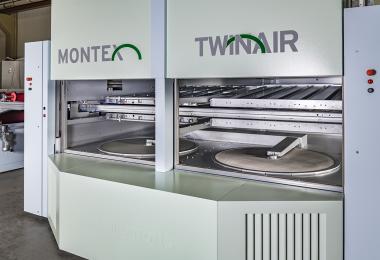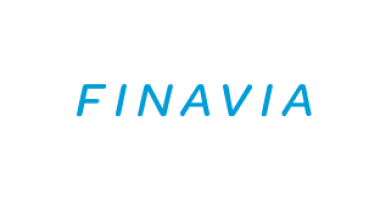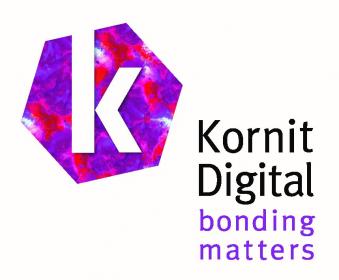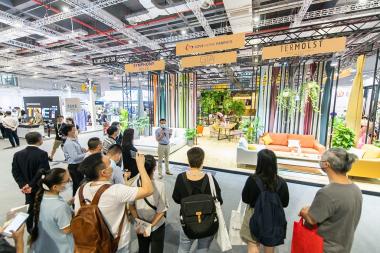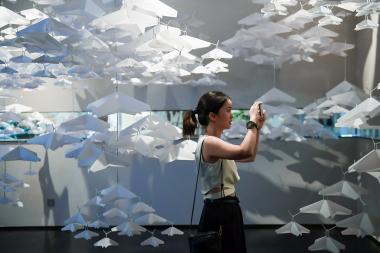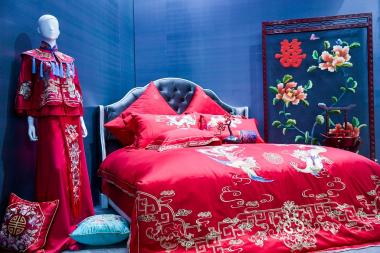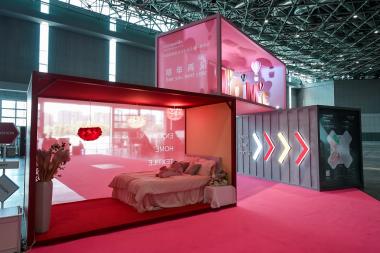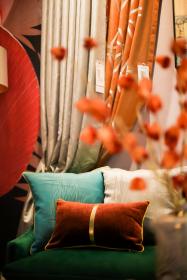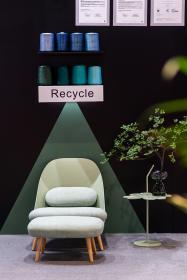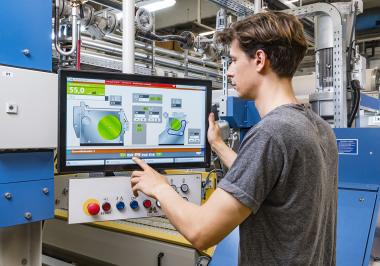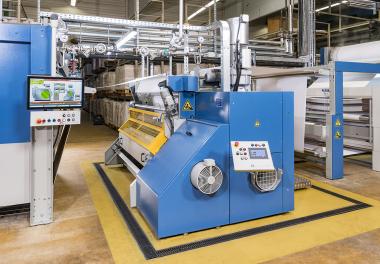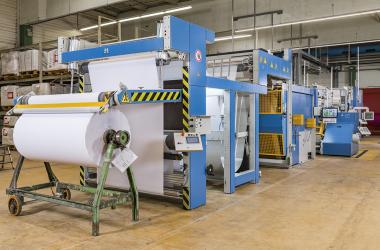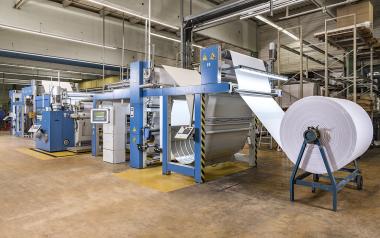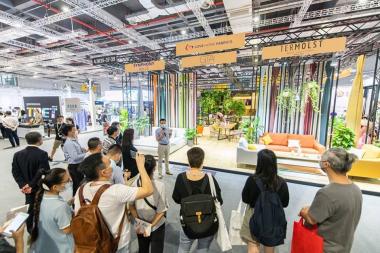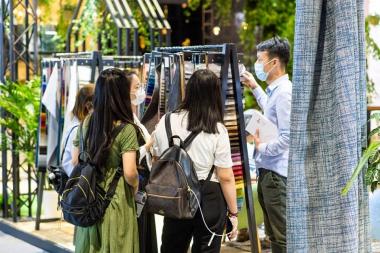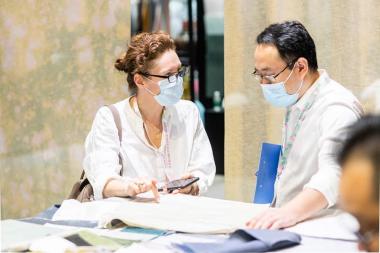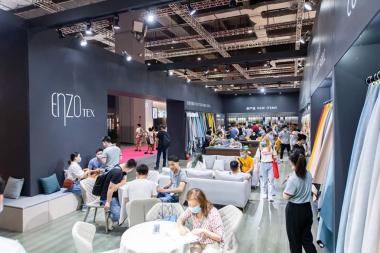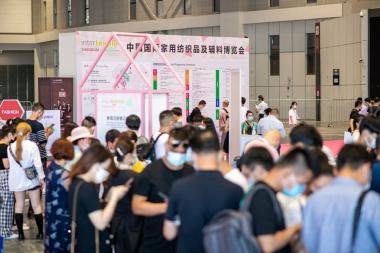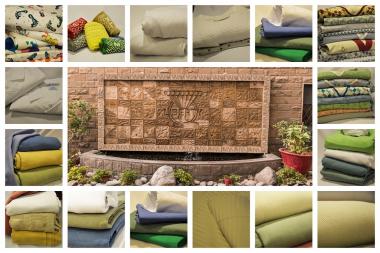Kornit Digital Joins the 2020 Innovate Textile & Apparel Virtual Trade Show
Online exhibit to feature complete portfolio of systems for sustainable production on demand, end-to-end workflow solutions, expert demonstration and consultation
Kornit Digital (Nasdaq: KRNT), a worldwide market leader in digital textile printing technology, is pleased to join the 2020 Innovate Textile & Apparel Virtual Trade Show, WTiN’s annual global exhibition highlighting the true innovators in technology, production, and value chain leadership for the textile and apparel industry.
For this year’s event, which is free to attend, Kornit will be exhibiting its latest capabilities for digital direct-to-garment and roll-to-roll production, including the only single-step process for delivering durable, retail-quality impressions on multiple fabrics within minutes. Visitors will find opportunities to learn more about:
- Kornit’s portfolio of industry-leading DTG systems, offering brands and fulfillers pushbutton efficiency in any quantity, to eliminate inventory risk and waste.
- Kornit Presto, foundation of any microfactory production concept, for consolidating operations and minimizing supply chain risk.
- Kornit’s new Softener solution, which enables photorealistic detail combined with handfeel meeting the most rigorous demands of high fashion and home décor.
- Kornit’s range of available pallets, empowering brands and fulfillers to expand their catalog and offer customers any applications they demand, including baby and children’s apparel, zipper hoodies, handbags, and the industry’s first DTG solution for custom neck tags.
- Kornit’s acquisition of Custom Gateway, which promises end-to-end production efficiency, for building or enhancing online stores, ensuring visibility and control across multiple production sites, optimizing the production floor, and getting products out the door quickly, meeting the speed and logistics challenges of the e-commerce age.
In addition to sharing diverse customer testimonials, Kornit will be hosting live consultations with system experts, to answer all questions and present Kornit’s value proposition for ongoing business needs. The company will also be leading a seminar presentation during the event.
“While we certainly miss the face-to-face engagement traditional trade shows offer, the upside of these web-based expositions is that there’s no limit to the systems, applications, and personnel Kornit can and will leverage to present its case for mastering the e-commerce age with efficient, sustainable digital capabilities,” said Chris Govier, Kornit Digital Managing Director—EMEA. “With our expanding suite of workflow and visibility software, Kornit gives manufacturers large and small the ability to scale their end-to-end business, while eliminating overproduction risks and establishing responsible production practices. These systems are critical to surviving the retail apocalypse and COVID-like disruptions, and event attendees will see why.”
PR4U/Kornit Digital


